
PRP Treatment in Michigan
Many athletes are at a higher risk for musculoskeletal injuries than others. But really, anybody who stays in one position all day, performing repetitive movements with the limbs, applying pressure to body parts or working at high rates of speed on a regular basis can fall victim to musculoskeletal injuries. The Michigan Center for Regenerative Medicine has a solution for you: platelet-rich plasma (PRP) injections.
Here at the Michigan Center for Regenerative Medicine, we talk with patients every day who have long-term pain, discomfort and physical disabilities due to injury. You may want to consider PRP treatment in Michigan if you’re frustrated with the surface solutions you have been offered to date but wish to find another alternative that truly works for you.
To learn more about PRP treatment in Michigan, call The Michigan Center for Regenerative Medicine today at (248) 216-1008.
Avoid Surgery and Addictive Prescription Drugs
Contact the Michigan Center for Regenerative Medicine Today and Schedule Your Office Visit
What Can PRP Treatment Do?
This procedure was originally used only in sports therapy applications to allow athletes to return more quickly to competition after injury. Platelet-rich plasma (PRP) treatments are being touted as treatment even more within the general population, becoming a more popular option to achieve many results, such as reduced reliance on opioids and quicker return to normal activities.
To increase your quality of life and decrease reliance on drugs and surgery, try PRP treatments in Michigan.
PRP can:
- Cut back on reliance on opioids that can be addicting and be associated with devastating withdrawal symptoms
- Reduce the need for extensive physical therapy
- Ensure a quicker return to normal activity with speedier healing abilities
- Provide localized treatment for maximum results.
- Prevent invasive surgery requirements and long periods of down time
Chronic Pain Management: What to do About It
Today, PRP treatment in Michigan is used in mainstream patients for quick preparation and delivery of treatment. Full healing from start to finish takes place in six to eight weeks. However, you should be feeling much better by the second week. Most people just need one treatment but some people, such as those with a severe condition or disease, may require multiple rounds of PRP treatments in Michigan.
PRP, a trusted treatment in sports medicine for decades, has been helpful in getting athletes to heal more readily after injury. Speedier wound healing and bone-grafting processes in the fields of neurosurgery, maxillofacial surgery, otolaryngology and orthopedic surgery are additional benefits to PRP treatment in Michigan.
Upon offering your blood sample, it takes just 30 minutes to prepare your treatment. Featuring minimal risks and exceptional effectiveness rates, PRP follows a simple process:
- Platelets become separated aside from other blood cells and concentrated with centrifugation.
- The concentrated platelets are then again combined with the rest of the blood and injected directly into the affected area.
- All injections are guided with ultrasound or x-ray to pinpoint exactly where the area of injury is.
Contact the Michigan Center for Regenerative Medicine at (248) 216-1008 for more information on PRP treatment in Michigan.
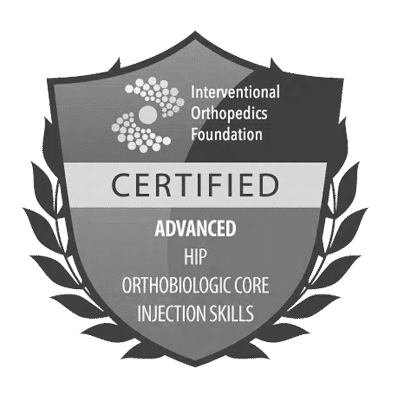
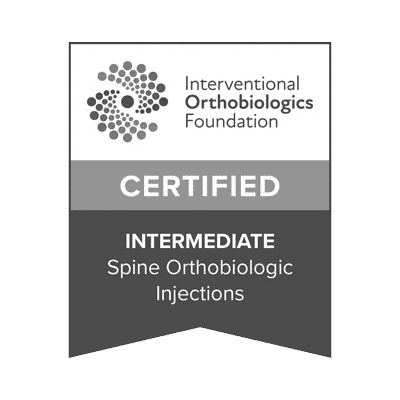
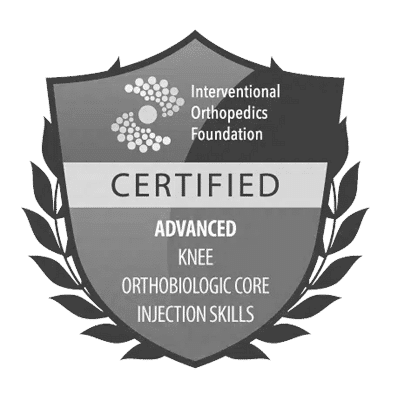
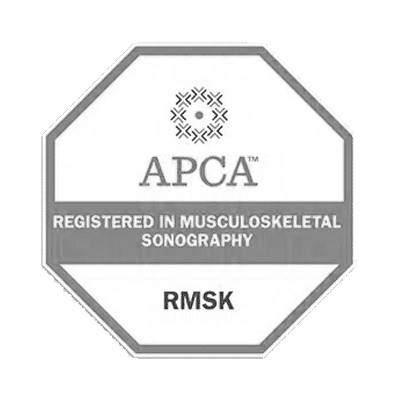
Why Try PRP?
The biggest advantage associated with PRP treatment in Michigan: PRP doesn’t mask pain like traditional treatment does; rather, the healing process takes place from within. The Michigan Center for Regenerative Medicine can treat a variety of injuries using PRP, such as carpal tunnel, tenosynovitis, tendinitis and bursitis. This is actually achieved using your blood to re-inject concentrated platelets into the area of injury.
While it’s true that platelets clot the blood, they also are comprised of several proteins known as growth factors that are critical in the healing of injuries, according to the American Academy of Orthopaedic Surgeons.
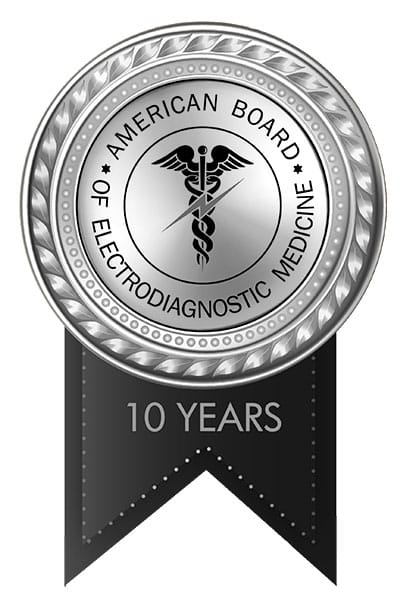
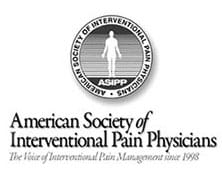
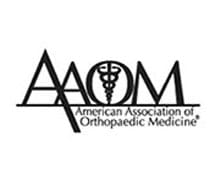
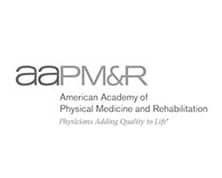
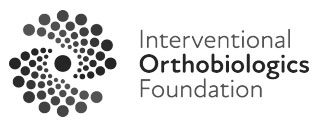
Take Advantage of New Advances in Medical Technology
Contact the Michigan Center for Regenerative Medicine Today and Schedule Your Office Visit
- PRP Treatment Troy MI
- PRP Treatment Rochester Hills MI
- PRP Treatment Northville MI
- PRP Treatment Metro Detroit
- PRP Treatment Detroit
- PRP Treatment Novi MI
- PRP Treatment Bloomfield Hills MI
- PRP Treatment Birmingham MI
- PRP Treatment West Bloomfield MI
- PRP Treatment Near You
- PRP Treatment Near Pontiac MI
- PRP Treatment Near Lansing MI
- PRP Treatment Near Grand Rapids MI
- PRP Treatment near Flint MI
- PRP Treatment Near Farmington MI
- PRP Treatment near Downtown Detroit
- PRP Treatment near Milford MI